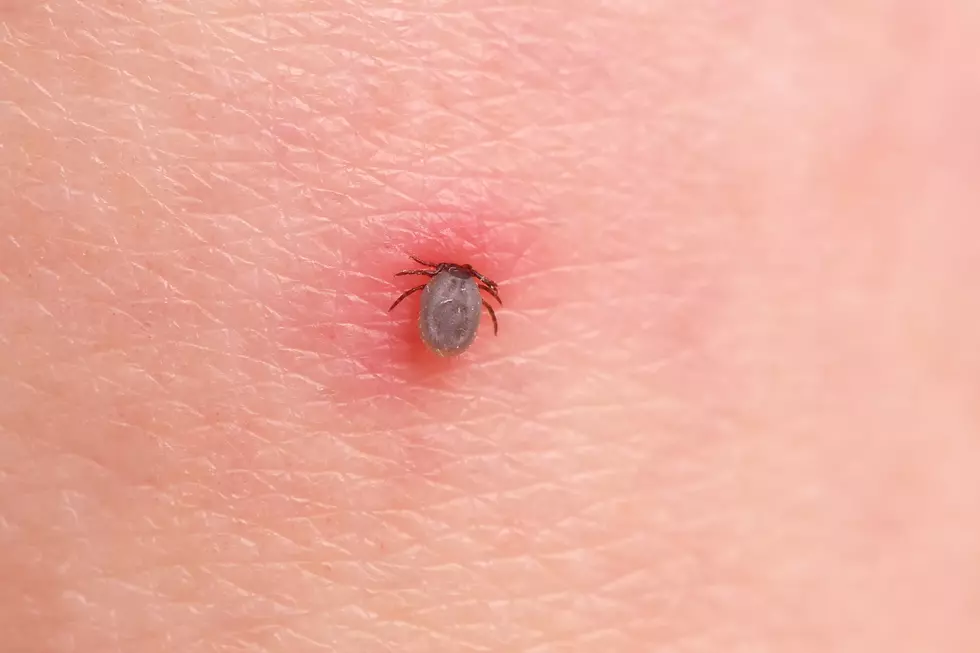
Tick Carrying a Deadly Brain Swelling Virus Found in Northeast
A tick carrying a potentially fatal brain swelling virus bit a person in the Northeast.
A Maynard, MA resident recently contracted and was diagnosed with the tick-borne illness the Powassan virus, according to the Maynard Public Health Division.
“There is no longer a tick time of year. We used to think that when the first frost came that ticks die off and we are safe from them, but we know now that is not the case,” Maynard Health Agent Kelly Pawluczonek said. “Tick bites are happening all year long and the diseases and viruses that are associated with a tick bite can become difficult long-term medical issues."
The Powassan virus is spread by the same deer tick that carries Lyme disease. Powassan, which in some cases has been fatal, attacks the nervous system and can cause dangerous brain swelling.
There is currently no treatment for the virus, which according to the CDC kills around 10 percent of people who become sick. Half are left with permanent neurological problems.
Last month, an Ulster County resident passed away from the Powassan virus.
Signs and symptoms of infection can include fever, headache, vomiting, weakness, confusion, seizures and memory loss.
People with severe cases of the virus often need to be hospitalized to receive respiratory support, intravenous fluids or medications to reduce swelling in the brain, according to the CDC.
In 2017, the last year on record, there were 33 people diagnosed with the virus in the United States. 16 of those 33 live in New York, according to the CDC. Two people died from the virus.
In 2016, 21 people were diagnosed with the virus across the United States. Three died from the virus. In 2015, there were six cases of the Powassan virus.
In 2018, Hudson Valley Post reported on residents in Dutchess County and Columbia County who were diagnosed with the Powassan virus.
You can reduce your risk of being infected by taking the following precautions:
- Use of insect repellents containing DEET for skin applications and Permethrin for clothing and shoes.
- Wearing long sleeves and pants
- Avoiding bushy and wooded areas
- Thorough tick checks after spending time outdoors.
- Staying on clear well-traveled paths.
- Wearing light-colored clothing to spot ticks easily.
- Tucking pants into socks.
- Showering as soon as possible after spending time outdoors.
- Checking everyone including pets frequently and at the end of each day, and removing all ticks promptly and properly.
There are no vaccines to prevent or medicines to treat Powassan virus infection. People with severe Powassan virus disease often need to be hospitalized to receive support with breathing and swelling in and around the brain.
In June, someone from New Jersey died after being bitten by a tick with the Powassan virus.
- Hudson Valley Restaurant Closes Over Immigration Crackdown
- Tick Carrying a Deadly Brain Swelling Virus Found Near New York
- Cops: Hudson Valley Sex Offender Raped Child, More Victims Likely
- Man On The Run From Police in Hudson Valley For Nearly 20 Years
- Hudson Valley Man Arranged to Meet Teen At Mall For Sex
- Buffalo Wild Wings To Open New Restaurant in the Hudson Valley



